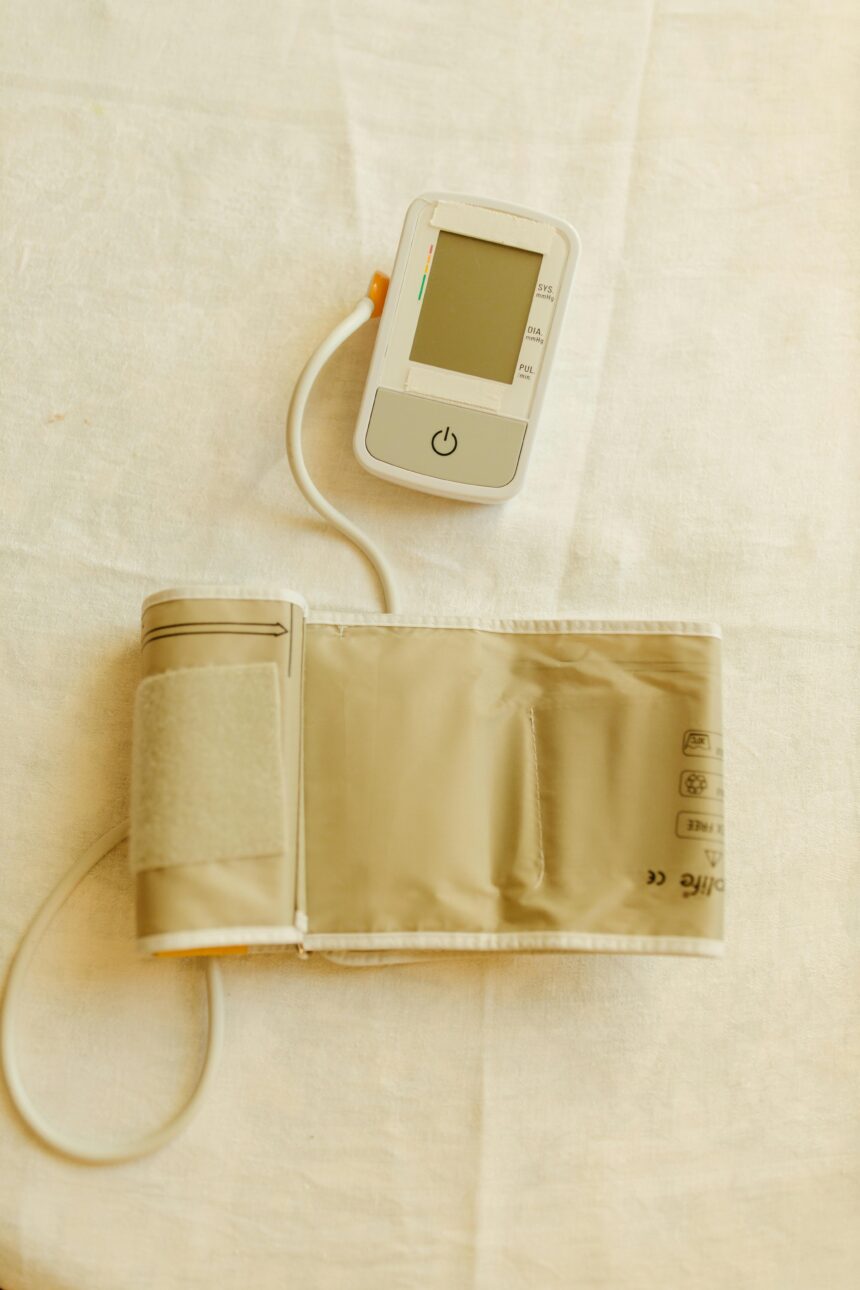High blood pressure, often known as hypertension, is a widespread health issue affecting millions of individuals worldwide. It is known as the “silent killer” because it usually causes no symptoms, but if left untreated, it can lead to significant problems like heart disease, stroke, and renal failure. The good news is that high blood pressure can be successfully treated with lifestyle adjustments and, in some situations, medicines. In this blog post, we’ll look at seven (7) practical techniques to manage high blood pressure and keep a healthy heart.
Adopt a Heart-healthy Diet
Adhering to a heart-healthy diet is one of the most efficient methods to control blood pressure. The DASH (Dietary Approaches to Stop Hypertension) diet is strongly advised for people with high blood pressure. This diet emphasizes eating plenty of fruits, vegetables, whole grains, and low-fat dairy products. It also promotes limiting consumption of saturated fats, cholesterol, and sodium. Foods high in potassium, calcium, and magnesium, such as leafy greens, bananas, and low-fat yogurt, are especially effective at lowering blood pressure.
MUST READ;7 Foods to Avoid to Prevent Bloating
Reduce Sodium Intake
Excess sodium consumption may contribute to high blood pressure. Limiting sodium consumption to less than 2,300 mg daily (preferably about 1,500 mg) can help manage hypertension. This includes limiting processed foods, canned soups, and salty snacks, as well as checking food labels carefully. Using herbs and spices to flavor meals instead of salt can also assist in reducing sodium intake while maintaining taste.
Maintain a Healthy Weight
Being overweight or obese raises your chances of acquiring high blood pressure. Even decreasing a small amount of weight—5-10% of your body weight—can help lower blood pressure significantly. Focus on obtaining and maintaining a healthy weight with a well-balanced diet and regular exercise. Aside from reducing blood pressure, losing weight can improve overall heart health and minimize the risk of other chronic conditions.
Exercise Regularly
Regular physical activity is necessary for blood pressure management. Aim to do at least 150 minutes of moderate-intensity activity per week, such as brisk walking, swimming, or cycling. Exercise improves the heart’s oxygen utilization, relieves stress on the cardiovascular system, and can drop blood pressure by 5 to 8 mmHg. Consistency is essential—find things you enjoy and incorporate them into your daily routine to keep your blood pressure under control.
Limit Alcohol Consumption
While moderate alcohol use can improve heart health, excessive drinking can elevate blood pressure. If you prefer to consume alcohol, limit it to one drink per day for women and two drinks per day for males. Drinking moderately can help minimize blood pressure increases and lower the risk of long-term hypertension.
Manage Stress
Chronic stress is a primary cause of high blood pressure. Finding appropriate stress-management strategies can help reduce blood pressure over time. Deep breathing, meditation, yoga, and mindfulness activities are all effective ways to relax and reduce stress. Taking time for hobbies, spending time with loved ones, and practicing appreciation are all methods to reduce daily stress and improve heart health.
Check your Blood Pressure Regularly
Regular monitoring is essential for maintaining high blood pressure. Checking your blood pressure at home with a trustworthy gadget allows you to monitor your progress and make lifestyle changes as needed. Keeping track of your readings and sharing them with your healthcare professional will also assist evaluate whether any treatment changes are required. Staying knowledgeable about your blood pressure levels allows you to take proactive measures to regulate it.
In summary, controlling high blood pressure is critical for avoiding significant health consequences and promoting overall health. Making these lifestyle changes—adopting a heart-healthy diet, reducing sodium intake, maintaining a healthy weight, exercising regularly, limiting alcohol, managing stress, quitting smoking, and monitoring your blood pressure—can significantly lower your risk of hypertension and support your heart health for many years. Remember, it’s never too late to manage your blood pressure and live a healthier lifestyle.


